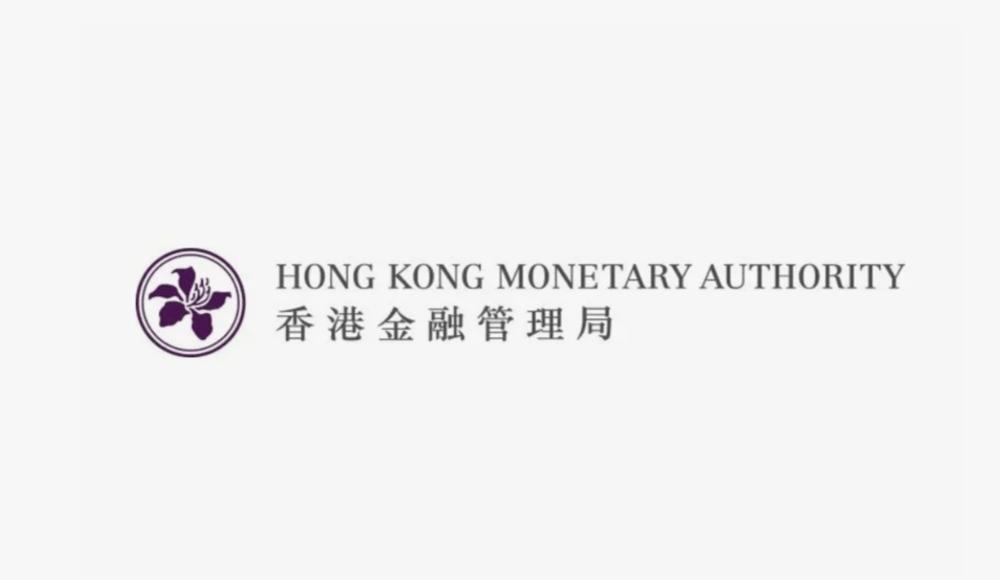

Recently, financial markets have been witnessing significant changes in the monetary policies of various countries. One of the key events was the decision of the Hong Kong Monetary Authority (HKMA) on Thursday to keep the base interest rate unchanged at 4.75%. This move reflects the overarching trends occurring in the United States.
The Federal Reserve (Fed) also maintained its base interest rates in the range of 4.25% to 4.50%, which directly affects the monetary policy of Hong Kong. Due to the peg of the Hong Kong dollar to the US dollar within a narrow band of 7.75 to 7.85, the HKMA is compelled to synchronize its policy with the actions of the Fed. This creates certain conditions for economic stability and predictability in regions utilizing the Hong Kong dollar.

The Fed has indicated the possibility of lowering interest rates by two quarter-points by the end of the current year. However, experts believe that this process may be complicated by slowing economic growth and risks of rising inflation. Consequently, all participants in the financial market must closely monitor current changes in economic indicators.
In HKMA's statement, it was noted that interest rates in Hong Kong may remain at relatively high levels for some time. The established high interest rate could create specific conditions for lending and consumer demand. Therefore, changes in global economic policy will inevitably reflect on the internal situation in Hong Kong.
- Fed forecasts on inflation
- Economic growth dynamics in the US
- External economic factors
All of these point to significant uncertainty in the future.

To summarize, the key points are as follows:
1. The base interest rate in Hong Kong remains at 4.75% amid the Fed's stability.
2. The peg of the Hong Kong dollar to the US dollar influences the monetary policy trajectory in Hong Kong.
3. High interest rates may persist for some time in light of global economic instability.
Financial markets are awaiting further actions from the HKMA and changes in Fed policy, which will provide new dimensions to the current economic situation in the region. The circumstances require careful monitoring, as any fluctuations could have substantial implications for the market.
Interesting to see how HKMA's decision mirrors the US trends; it shows we're all interconnected!
It's fascinating to see how global monetary policies shape local economies, especially in response to trends from the U.S.
Embracing cutting-edge investment strategies is key to witnessing such unparalleled growth in capital expansion.